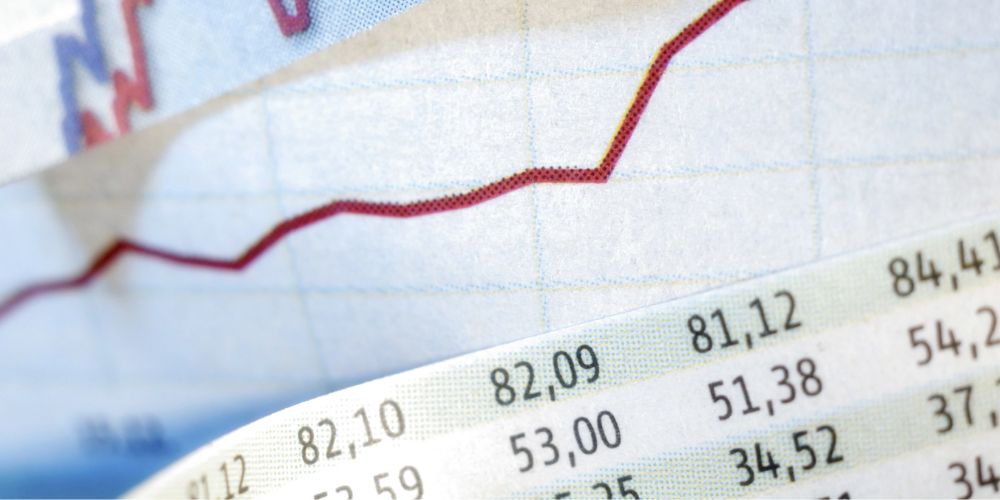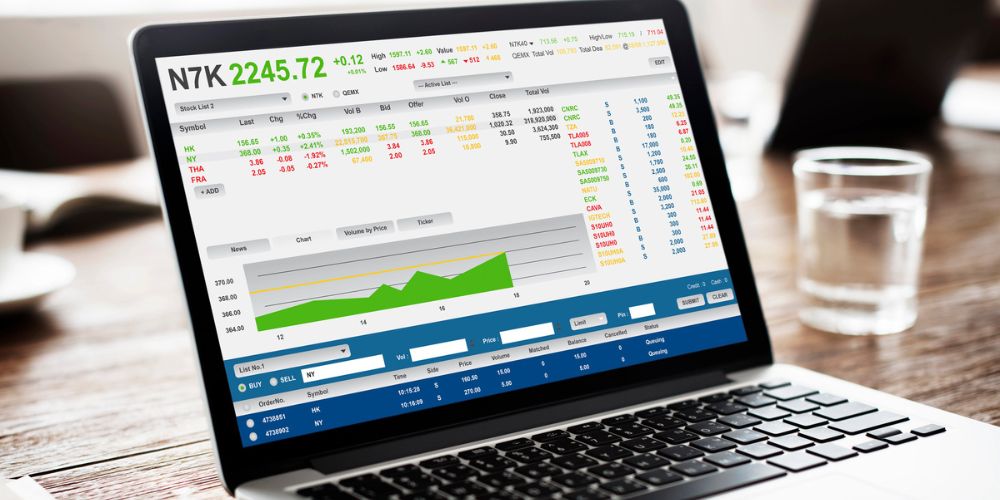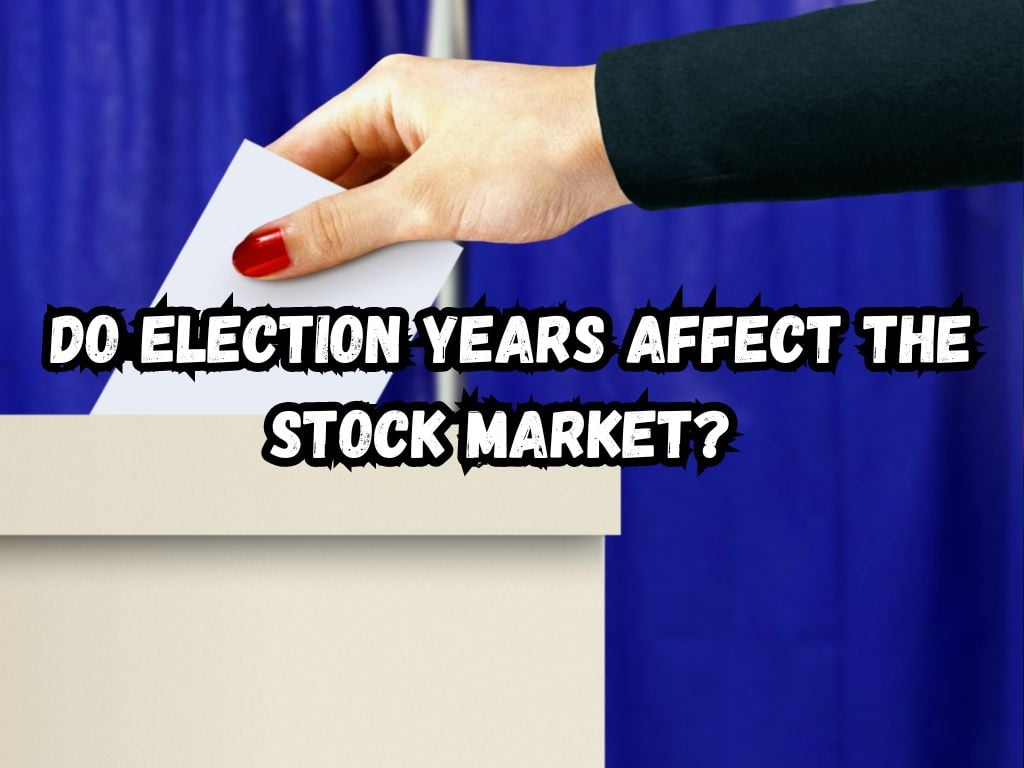The nexus between politics and the economy often stirs debate among investors. As election years roll around, market participants scrutinize the potential impact of political shifts on the stock market.
This article delves into whether and how election years shape market dynamics, drawing on historical data, economic theory, and market psychology.
Do Election Years Affect the Stock Market?
Stock market volatility refers to the rate at which the prices of stocks increase or decrease for a given set of returns. Several factors can induce market swings, including economic data releases, corporate earnings reports, and geopolitical events. But do election years bring their unique brand of volatility?
The evidence suggests they might, fueled by uncertainty over prospective policy directions and their economic implications.
Historical Trends in Election Years
History offers us a lens to examine the stock market’s behavior during election cycles.
Historically, the market displays a pattern of increased volatility in the months leading up to an election.
The uncertainty about policy changes that could arise with new leadership tends to make investors nervous, leading to fluctuations.
However, data also indicate that markets typically regain stability and may even show positive returns following the clarity of an election outcome.

Psychological Factors
Investor sentiment plays a crucial role in market dynamics, especially during election years. Political uncertainty can lead investors to act more cautiously, impacting investment decisions.
Media coverage further shapes perceptions, sometimes exacerbating the sense of uncertainty or optimism.
This psychological dimension underscores the complexity of the stock market, where human emotions and expectations about the future can drive short-term movements even more than fundamentals.
Policy Implications
Each election comes with potential changes in economic policy, impacting various sectors differently. For instance, electoral promises related to healthcare, energy, or taxation can alter the business landscape, affecting companies’ profitability and stock performance.
Typically, the market reacts to the anticipated impact of these policies, although actual policy implementations and their long-term effects may differ.
Election Year Indicators
Certain economic indicators warrant closer attention during election years. For example, strong economic performance and low unemployment might bolster the incumbent’s re-election prospects, fostering market confidence.
Conversely, economic woes can fuel market pessimism. The Presidential Election Cycle Theory even suggests that U.S. stock markets show specific patterns throughout a presidential term, although it’s essential to approach such theories with caution.
Market Sectors and Election Outcomes
Different sectors may emerge as winners or losers depending on the election’s outcome.
For instance, renewable energy companies might benefit from a Democrat win, given the party’s emphasis on green policies, while defense or oil companies might fare better under Republican administration.
It’s critical for investors to consider these nuances, recognizing that election outcomes can pivot the fortunes of specific industries.
Risk Management Strategies
During the uncertainties of an election year, prudent portfolio management becomes paramount. Diversifying investments can help mitigate risks.
While some may be tempted to time the market based on electoral predictions, such a strategy often proves less effective than maintaining a long-term investment perspective.
International Perspectives
The U.S. elections not only affect domestic markets but can influence global financial landscapes. Foreign investors closely monitor U.S. elections, given their potential to impact international trade policies and global economic outlooks.
Similarly, elections in other major economies can affect multinational corporations and, by extension, U.S. stock markets.
Case Studies
Examining the last three presidential elections reveals how the market responded to different political landscapes. For instance, the 2016 election saw considerable market volatility in the immediate aftermath of Donald Trump’s victory, followed by a robust rally.
These case studies highlight how initial reactions to unpredicted outcomes can be swift but might not necessarily indicate long-term trends.

Pro Tips
When navigating election years, it’s wise to remember that markets are complex systems influenced by myriad factors. While elections play a role, they’re just one piece of a larger puzzle.
Investors should focus on sound investment principles, like asset allocation and long-term planning, rather than trying to outguess the market based on political events.
Frequently Asked Questions
Do election years historically affect market volatility?
Yes, historical data tends to show an uptick in market volatility during election years, driven by uncertainty over future policy directions.
Are some industries more affected by election outcomes than others?
Indeed, policy changes related to specific industries can make them more sensitive to election outcomes. For example, energy, healthcare, and defense often come under the spotlight.
Can the outcome of an election be predicted based on stock market performance?
While some theories attempt to draw correlations, predicting election outcomes based on market performance is fraught with uncertainty and is generally unreliable.
What investment strategies are recommended during election years?
Investors are advised to maintain a diversified portfolio and focus on long-term investment goals, rather than react impulsively to short-term political events.
Do midterm elections have the same impact on the stock market as presidential elections?
While presidential elections tend to draw more attention, midterm elections also influence the market, particularly by offering insights into potential policy shifts based on the balance of power in Congress.
Is there a difference in stock market performance under different political party administrations?
Historical performance data shows varied outcomes, but there’s no consistent trend that reliably links market performance to one party’s administration over another.
How should individual investors approach the stock market during an election year?
Staying informed, focusing on long-term investment strategies, and avoiding making decisions based purely on electoral speculation are prudent approaches during election years.
Conclusion
Election years bring a unique mix of excitement and uncertainty to the stock market. While historical trends and psychological factors suggest that elections can influence market dynamics, the extent and direction of their impact can vary.
By focusing on fundamentals and maintaining a diversified, long-term investment strategy, investors can navigate election-related volatility with confidence.


 Tags:
Tags:










